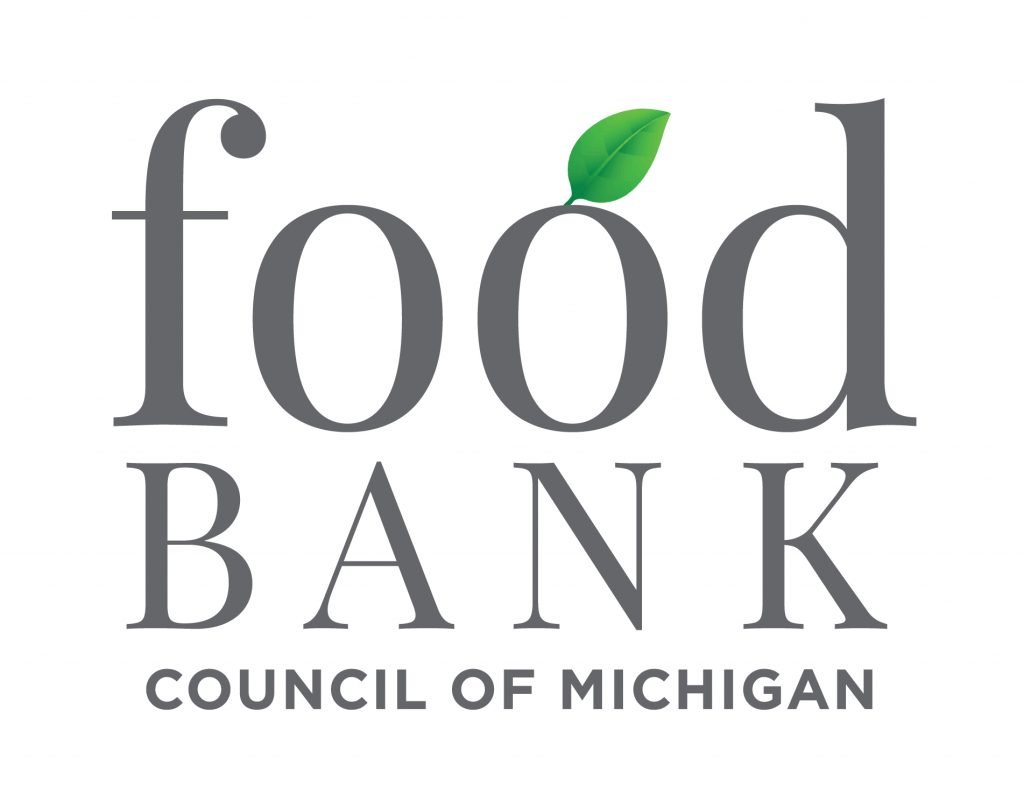
Data & Research
The Research and Data Team leads a portfolio of projects designed to spur innovation and build collaborative potential for our food banks and partners from a variety of sectors including health care, education, and social services.
The team also manages a variety of data initiatives and projects designed to improve our understanding of the nature of food insecurity and assess the impact of the resources our network provides to Michiganders.
The team’s grant-funded research projects are purposefully identified, designed, and implemented to align with FBCM’s mission and strategic plan. The team monitors trends in local, state, and national food and nutrition research and conducts its own data collection, aggregation, and analysis where needed to provide reports and other products to our members. The team also provides direct services to members, including serving as a point of entry for food bank network and food insecurity-related data requests. Finally, the team supports member food banks in their own data initiatives, including support for the use of digital tools and platforms for data collection, analysis, and visualization.
For more information, contact Dr. Dawn Opel, Chief Innovation Officer and General Counsel, at dopel@fbcmich.org.
Map the Meal Gap
Feeding America carries out a yearly Map the Meal Gap study to enhance understanding of food insecurity and local food costs.
The Self-Sufficiency Standard
The Self-Sufficiency Standard, prepared by the University of Washington, determines the budget needed for 719 family styles, in each county in Michigan, to be independent.
$1 million legislative appropriation for FY 2022-2023, housed in the Michigan Department of Health & Human Services (MDHHS) – to fund first data collection cycle.
To replicate Feeding America’s Hunger in America study for the state of Michigan only (Michigan’s seven Feeding America affiliated food banks and 3,000 partner agencies).
To characterize the state of food insecurity in Michigan through the direct surveying of partner agencies (remote) and then a representative sample of clients (at FBCM-network agencies and food distributions across Michigan).
Project Goals & Objectives
Generate our own data source of current estimates of the number of people (duplicated and unduplicated) served annually.
Understand the people we serve by collecting demographic information (r.e. household composition, race/ethnicity, income, involvement in charitable, government food assistance programs).
Understand the relationship between food insecurity and health, employment, and education.
Identify gaps in service in both the charitable food network (geographic coverage) and government assistance programs (awareness, application barriers, impact) to inform future resource allocation.
Assess client satisfaction with foods and benefits provided through charitable, government food assistance programs.
Assess the impact of each food bank on reducing food insecurity in their service area.
Results of the study made publicly available via an informational website with various data products, such as reports and visualizations.
Data requests (from state government agencies, etc.) will be fielded by FBCM staff from raw data in the study.




